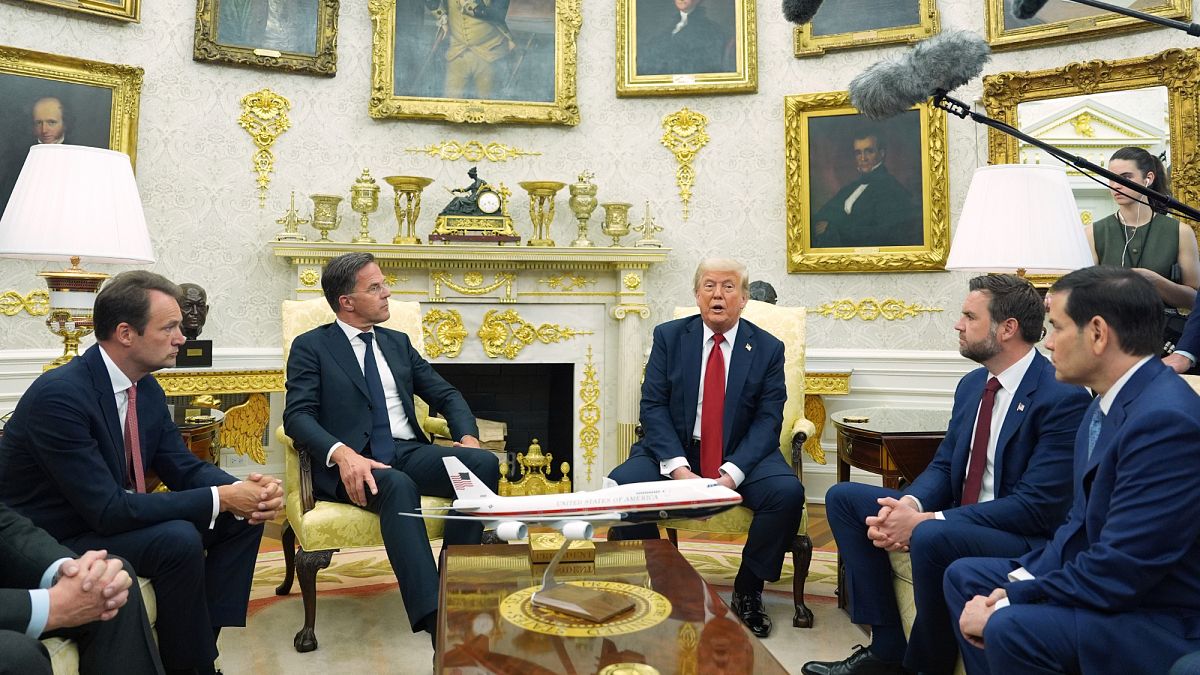

In a week marked by complex geopolitical tensions and humanitarian challenges, the world has witnessed a series of impactful events that call for a calm yet engaging reflection. From diplomatic efforts aiming to resolve conflicts to unfortunate incidents of violence, the global stage continues to test the resilience and cooperation of nations and their leaders.
A significant development in the realm of international diplomacy involves the United States, with former President Donald Trump declaring intentions to impose severe economic measures against Russia should a peace deal remain elusive in Ukraine. Trump’s statement follows a consistent narrative of urging Russian President Vladimir Putin to commit to peaceful negotiations. The 50-day ultimatum set by Trump reflects an urgent call for a resolution, emphasizing the need for diplomatic dialogues to replace ongoing military confrontations.
Meanwhile, tensions remain high in the Middle East, where at least 30 lives have been claimed in Syria amid clashes between government forces and Druze militias, along with Sunni Bedouin tribes. This cycle of violence, reportedly initiated by a spate of kidnappings, highlights the fragility of peace and the importance of mediation in conflict-ridden regions. In the backdrop of this strife, Israel has executed strikes targeting tanks in southern Syria, indicating the delicate balance that conflict zones necessitate.
In Libya, the dangers faced by international diplomatic personnel have been underscored by an incident involving gunfire directed at British staff. This event brings to light the challenges and risks encountered by diplomatic missions operating in unstable environments, and it necessitates a renewed focus on ensuring their safety and security amid increasing volatility.
Furthermore, the humanitarian crisis in Gaza continues to be deeply troubling, with reports from the region describing devastating airstrikes that have resulted in the loss of numerous lives. The Gaza Health Ministry has reported that the death toll from Israeli attacks has surpassed 58,000, with a significant proportion being women and children. The recent airstrike on a water collection point and a separate attack on a home illustrate the ongoing humanitarian impact of the conflict. The striking human stories, such as those of Sayfollah “Saif” Musallet and his friend Razek Hussein al-Shalabi, resonate deeply against the larger tapestry of conflict, urging a renewed call for peace and understanding.
Amid these challenging narratives, the global community stands at a crossroads of pivotal decision-making. Whether through diplomatic channels, humanitarian aid, or conflict resolution discussions, the need for a collective and concerted effort to address these multifaceted issues remains paramount. Even as these stories unfold, the underlying message persists: a call for unity and a reminder of the shared humanity that connects us all across borders and divides.
In these moments of trials and tribulations, the world looks towards its leaders, diplomats, and citizens alike to choose paths that foster cooperation, dialogue, and enduring peace. It is through mindful engagement and sustainable solutions that lasting change will emerge, offering hope and healing to those most affected by the adversities of our time.
Source: {link}
